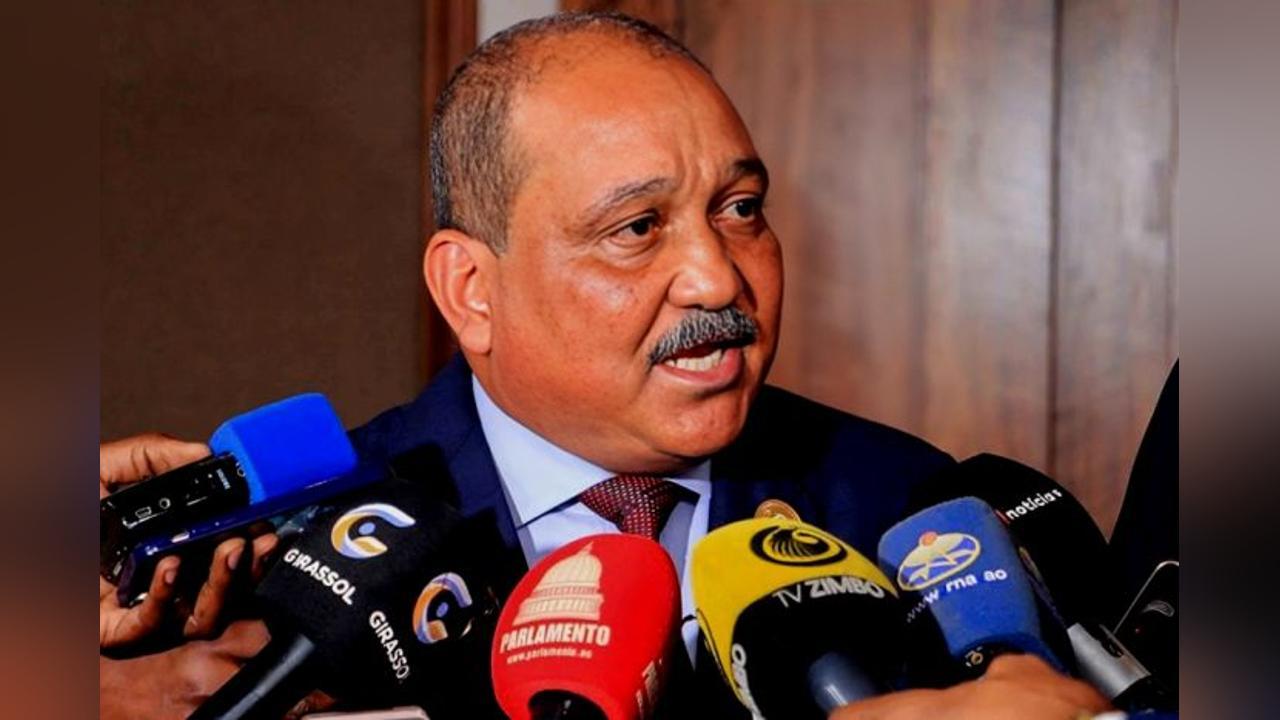Africa-Press – Angola. The National Electoral Commission (CNE) must adapt its activity as an independent electoral administration body to the new legal framework that resulted from the unanimous approval of the Electoral Legislative Package by the deputies of the National Assembly, recently argued in Luanda, MPLA Parliamentary Group deputy João de Almeida “Jú” Martins.
With the final approval of the Legislative Package for the 2027 General Elections, the CNE is obliged to adapt to the new legal and technical requirements for the better functioning of the electoral processes in the country, according to “Jú” Martins, who spoke to the press at the ceremony marking the 33rd anniversary of the CNE’s institutionalization.
According to the deputy, the recent approval of the electoral diplomas imposes new challenges and milestones that the laws establish, both for their organization and functioning, always taking into account the transparency of electoral acts.
“Jú” Martins considered the approval of the Laws on General Elections, Organization and Functioning of the CNE and the Official Electoral Registry a victory for democracy, and hopes that the next elections will take place normally and with all the positivity.
The criterion of novelty in 1992
The first president of the CNE, Caetano de Sousa, recalled that the 1992 General Elections created an “atmosphere of novelty”, both for the institution’s members and for citizens in general.
Caetano de Sousa said that the General Elections, held on 29 and 30 September 1992, a year before (May 1991) the country emerged from armed conflict, were demanding, but even so, the CNE “managed, in a gigantic way”, to register 5,302,000 voters.
According to Judge Caetano de Sousa, from 1992 to 2025, regardless of the interregnum that occurred, “the CNE followed a path that we know today, in which each electoral cycle seeks to respond to the country’s legal, technical and geographical challenges.”
In terms of approval of electoral legislation, the judge stressed that, since 2006, when preparations for the 2008 General Elections began, the CNE has experienced a new dynamic that has allowed for a positive evaluation, not only internally, but also internationally.
“The CNE is today an institution that renews itself every day, because it is a permanent learning process, in which new actors are renewed, with members trained and qualified to perform, with rigor and within the framework of the law, their functions,” highlighted Caetano de Sousa.
Everyone’s task
University professor João Damião advocated for the inclusion of citizens in the process of building the rule of law and strengthening sovereign bodies.
The former CNE commissioner, who spoke at the Round Table on the topic “Law, Democracy and Citizenship: Paths to an Inclusive Electoral System”, emphasized that the consolidation of the Democratic Rule of Law in Angola does not depend solely on the bodies of national sovereignty, but is a task that must involve all citizens.
According to the jurist, every citizen organized in residents’ committees, civic, professional, and union associations, as well as political parties and party coalitions, under the terms of the Constitution, must participate in the process of consolidating democracy in the country.
In the speaker’s view, the consolidation of democracy and the rule of law in Angola does not depend solely on the articulation of the law that regulates it, but also has to do with the daily practices of all entities, both individually and collectively.
João Damião stated that the consolidation of democracy is a comprehensive exercise in strengthening institutions, in which citizenship, particularly participation in the voter registration process, allows the CNE to interact with sovereign bodies.
Created in 1992, under the terms of the Constitutional Law of the Republic of Angola and the Law, the CNE is an independent electoral administration body that organizes, executes, coordinates and conducts electoral processes in a transparent manner.
angola24
For More News And Analysis About Angola Follow Africa-Press






